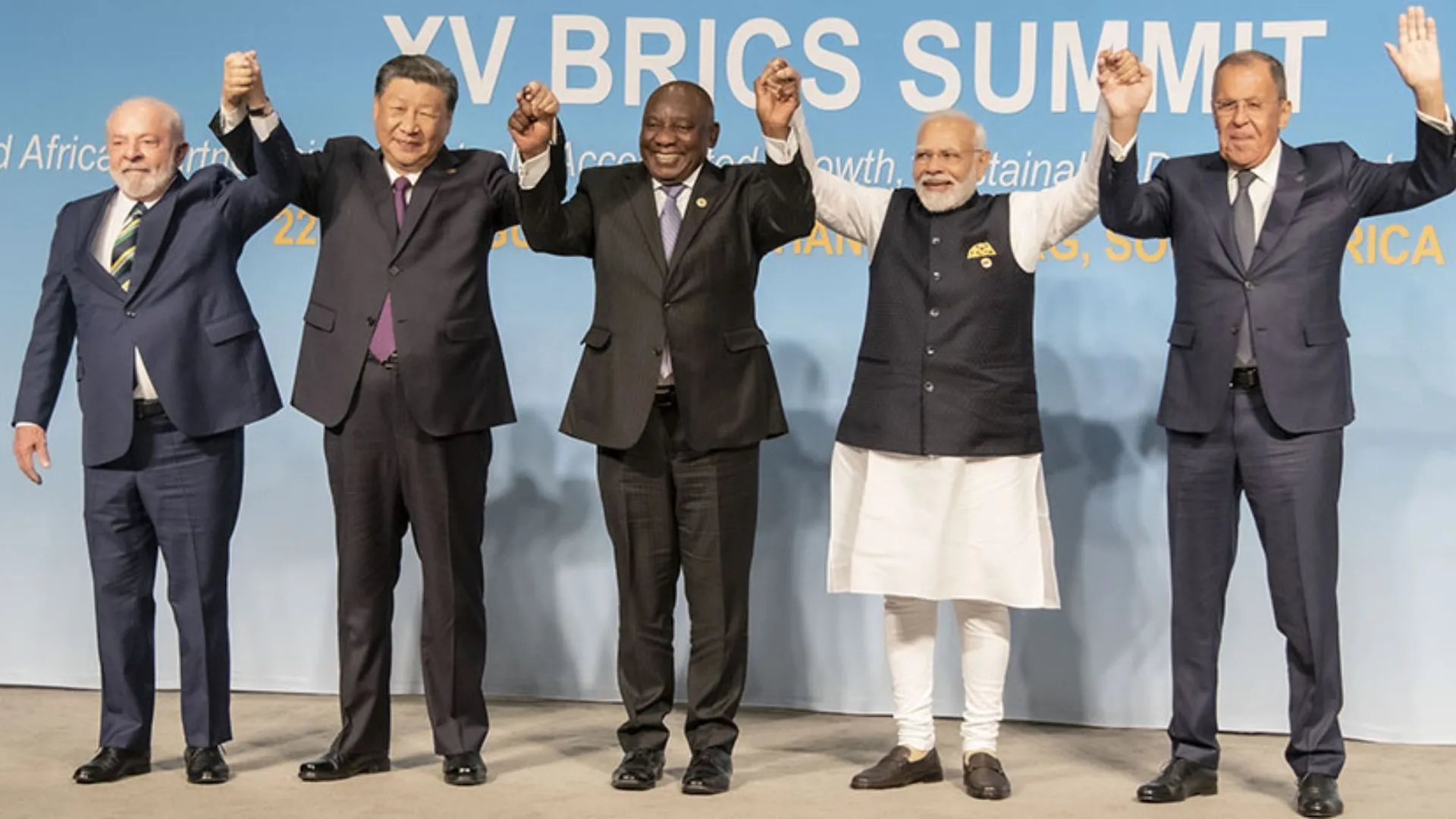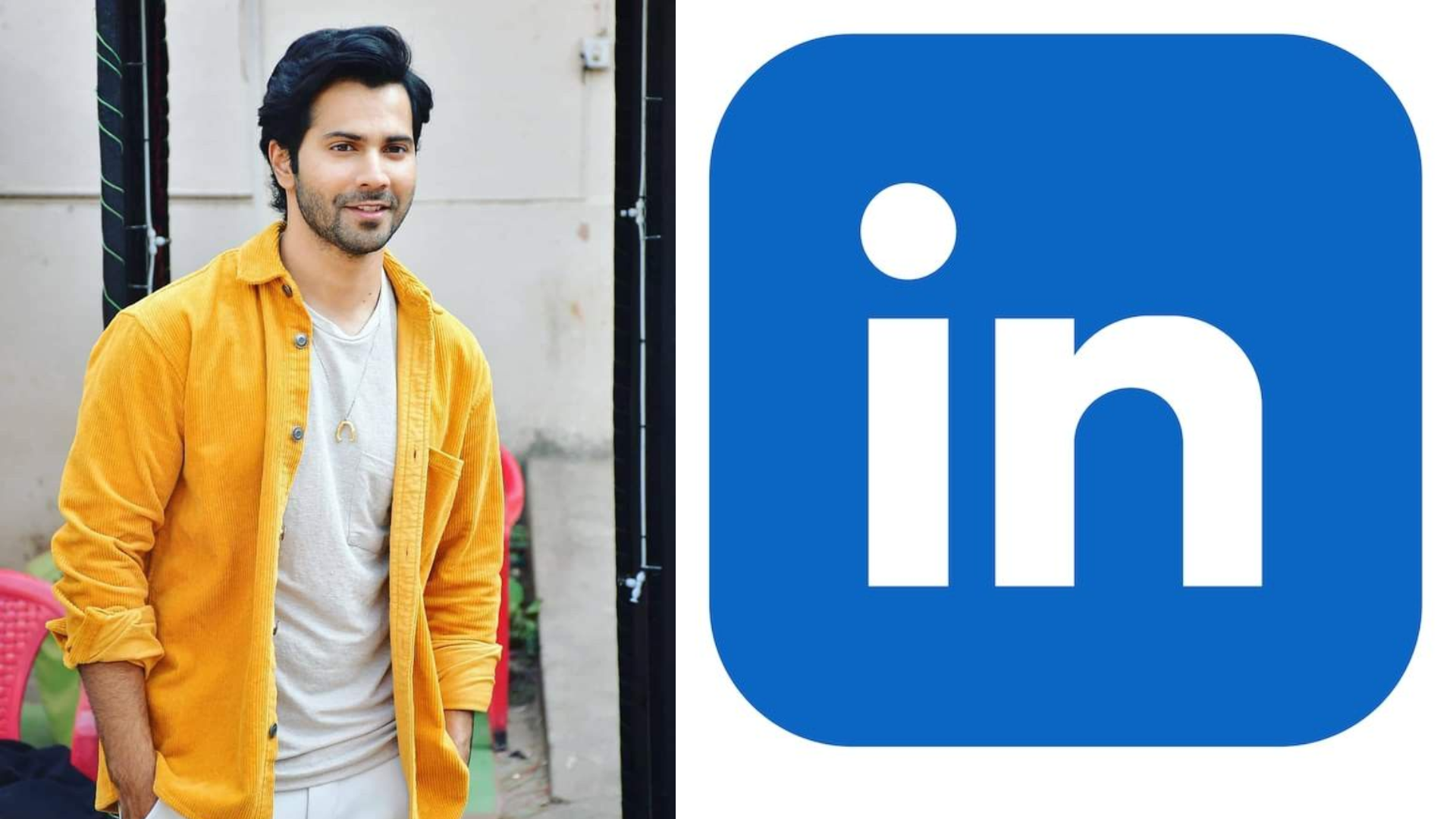As the world watches, Vladimir Putin hosts the 2024 BRICS Summit, bringing together prominent leaders like Xi Jinping and Narendra Modi for a pivotal gathering that transcends mere diplomacy. With 36 nations participating, this summit represents not just a show of strength but a strategic maneuver in the wake of ongoing global tensions, particularly the war in Ukraine.
A Platform for Change: The Agenda at the Summit
At the heart of the summit’s agenda is an ambitious goal: reducing reliance on the US dollar. Amidst growing sanctions and political pressures, leaders are eager to discuss alternative currency strategies that could liberate their economies from Western dominance. Putin’s rhetoric during the summit frames this as a necessary evolution in a world marked by instability and chaos.
Leaders are expected to discuss several key topics:
- The Russia-Ukraine War: Putin aims to pitch this conflict as a central theme, seeking to legitimize Russia’s position on the international stage despite being branded a war criminal by the International Criminal Court (ICC).
- Meeting with the UN Chief: While uncertainty looms over whether UN Secretary-General António Guterres will attend, his presence could signal a potential shift in international dialogue.
- The Kazan Declaration: Anticipation surrounds the adoption of this declaration, which could solidify the BRICS alliance’s commitment to economic cooperation and political unity.
A Gathering of Allies and Dissenters
The summit’s guest list reads like a who’s who of global leaders, from Mahmoud Abbas of Palestine to representatives from nations like Iran, South Africa, and Brazil. Each attendee brings their unique perspective, yet they share a common thread: a desire to navigate a world increasingly viewed as divided.
Xi Jinping, in welcoming Putin, praised their friendship, framing it as a crucial alliance in times of global upheaval. Meanwhile, Narendra Modi has emerged as a potential mediator in the Ukraine conflict, calling for a swift and peaceful resolution. His balancing act demonstrates India’s aspirations as a peacemaker while maintaining ties with both the West and Russia.
The BRICS Plus: A New Economic Order?
The BRICS group has expanded beyond its original five members—Brazil, Russia, India, China, and South Africa—to include nations like Egypt, Iran, and the United Arab Emirates. This expansion reflects a collective ambition to challenge the current international order dominated by Western powers.
Masoud Pezeshkian, the Iranian president, encapsulates this sentiment by stating that BRICS can provide a “way out of American totalitarianism” and foster a path toward multilateralism. However, this growth also poses challenges; varying ideologies among member states could lead to friction, as evidenced by Brazil’s cautious stance against purely anti-Western sentiments.
The Implications of BRICS Decisions
The outcome of this summit could have far-reaching consequences. If successful, it may shift the global economic landscape, diminishing the dollar’s dominance and enhancing the influence of currencies like the yuan. Yet, as Alex Gabuev notes, this summit serves as a vital platform for Putin, signaling that Russia is not isolated but rather a key player in shaping a new world order.
The summit’s developments, especially the potential adoption of the Kazan Declaration, could resonate beyond BRICS nations, influencing global economic policies and diplomatic relations.
As the BRICS Summit unfolds, the world holds its breath. Will it mark a turning point in the geopolitical landscape, or will the complexities of global diplomacy continue to hinder meaningful progress? With leaders like Putin leveraging this platform to reclaim Russia’s narrative, the summit becomes a microcosm of the broader struggle for power, influence, and economic stability in an increasingly polarized world.
This summit not only embodies the aspirations of its members but also reflects the stark realities of contemporary international relations. As discussions commence, one thing is clear: the future of global diplomacy may very well be shaped by the alliances forged and decisions made within the walls of Kazan.
ALSO READ: U.S. Secretary Of State Antony Blinken Pushes For Ceasefire Amid Escalating Israel-Hamas Conflict
















